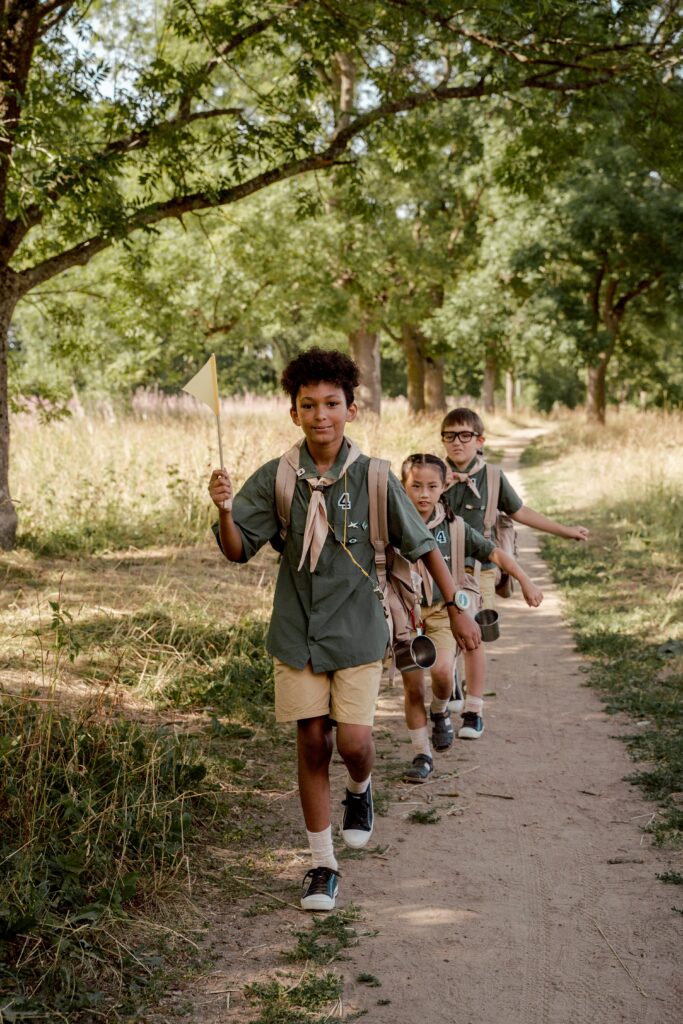Summers aren’t they magical? School is out, the days are long, and there is plenty of spare time. However, after about a month, boredom sets in, and the kids and the couch become inseparable. They are glued to their cellphones while binge-watching Netflix or aimlessly pressing buttons while playing video games for hours on end.

What’s the point of that?
If only there was a way for youngsters to create video games rather than merely enjoy them. Alternatively, instead of simply being a consumer, urge them to use the summer months to build the next must-have brand or start-up firm.
That’s where summer camps come in handy.
Summer camps are great for balancing out the unstructured, school-free months since they are enjoyable, cultivate character, and allow children to make new friends and reconnect with past classmates. Furthermore, kids can discover new interests, such as game programming or app design, and remain intellectually engaged. (For additional information on the advantages of summer camp, go here.)
So, where do you begin?
The good news is that, with today’s plethora of camps, there is literally a camp for every child. On the other hand, with so many alternatives, picking can make you feel like Goldilocks on the hunt for the perfect camp.
How to Select a Summer Camp
Here are seven recommendations for making the summer camp decision process a little easier—and sending your kids off to months of so-called summer enchantment. (And once you’ve found the right fit, here are some summer camp ideas to help youngsters make the most of their experiences.)
Establish your expectations.
Before you can choose the best summer camp, you must first define “right,” which you do by setting expectations.
Begin with a basic question: what do you want your children to learn from their experience? You send them to school to get smarter, and to baseball practice to get better as a hitter or pitcher. It shouldn’t be any different when it comes to sending them to camp.
Choose the appropriate genre.
Once you’ve determined what you want your child to acquire from camp, you may narrow down the types of programs that can suit those needs.
What to expect from today’s most popular summer camp genres:
Traditional: Consider your own summer camp experiences: campfires, archery, time in nature; these co-ed and single-gender camps foster self-confidence and character in a classic outdoor setting.
Academic: Your children can continue to learn even when school is not in session. Academic camps, such as iD Tech, offer a fun mix of hands-on learning and energetic extracurricular activities. The best aspect is that such camps focus on topics that most institutions do not or cannot teach, with skill development in in-demand and lucrative course areas.
Another perk? With the emergence of Virtual Tech Camps, this specialized knowledge is now instantaneously accessible from any location with an internet connection.
